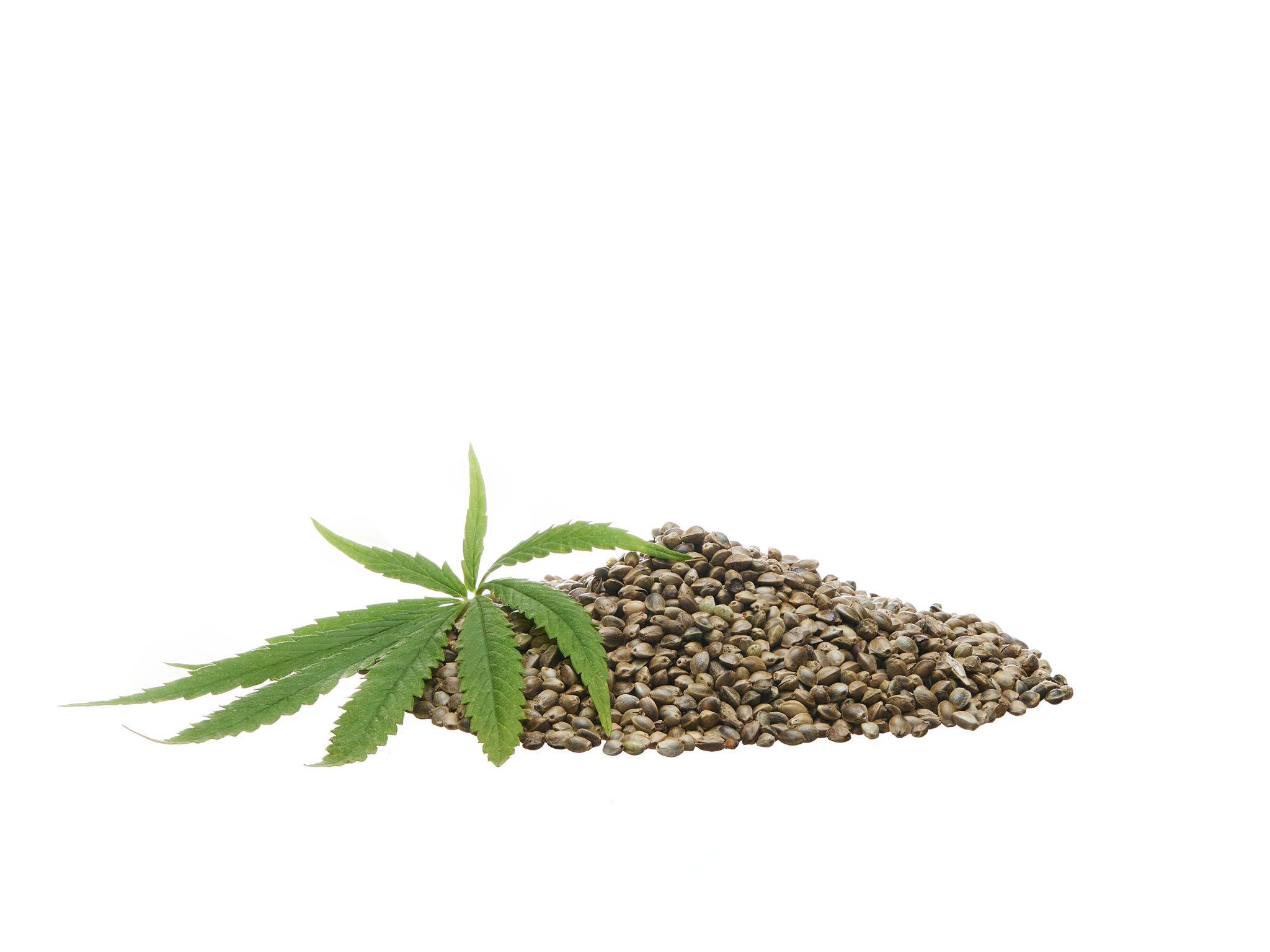Common Misconceptions About Hemp and CBD: Debunked
Understanding Hemp and CBD
Hemp and CBD have gained significant popularity in recent years, yet there are still many misconceptions surrounding them. As more people become interested in the potential benefits of these natural products, it's crucial to separate fact from fiction. Let's delve into some common myths and debunk them once and for all.

Myth 1: Hemp and Marijuana Are the Same
One of the most widespread misconceptions is that hemp and marijuana are identical. While both belong to the cannabis family, they differ significantly in their composition and uses. Hemp contains very low levels of THC (tetrahydrocannabinol), the psychoactive compound responsible for the "high" associated with marijuana. In contrast, marijuana contains higher THC levels, which is why it is used for recreational purposes.
Hemp is primarily cultivated for industrial applications, including the production of textiles, paper, and, of course, CBD oil. Its minimal THC content makes it non-psychoactive, meaning it won't alter your state of mind.
Myth 2: CBD Is Addictive
Another common myth is that CBD can be addictive. However, research has shown that CBD is non-addictive. In fact, the World Health Organization has stated that CBD exhibits no effects indicative of any abuse or dependence potential. It’s important to differentiate CBD from THC in this context, as THC is the compound known for its psychoactive properties.

Myth 3: All CBD Products Are the Same
The market is flooded with various CBD products, leading to the misconception that they are all alike. However, CBD products differ in quality, concentration, and extraction methods. It's essential to choose products from reputable brands that provide third-party lab testing to ensure purity and potency. Full-spectrum, broad-spectrum, and isolate are the three main types of CBD, each with unique benefits depending on your needs.
Full-spectrum CBD contains all cannabinoids found in the cannabis plant, including trace amounts of THC, while broad-spectrum CBD offers a similar profile minus THC. Isolate is pure CBD without any other cannabinoids.
Myth 4: Hemp Seed Oil and CBD Oil Are Identical
A frequent source of confusion is the difference between hemp seed oil and CBD oil. While both derive from the hemp plant, they are distinct products with different uses and benefits. Hemp seed oil is extracted from the seeds of the hemp plant and is rich in nutrients like omega-3 and omega-6 fatty acids. It is commonly used in cooking and skincare products.

On the other hand, CBD oil is extracted from the flowers, leaves, and stalks of the hemp plant and contains cannabinoids like CBD. The two oils should not be used interchangeably as their properties and effects vary significantly.
Myth 5: CBD Has No Scientific Backing
While it's true that more research is needed to fully understand CBD's potential, dismissing it as having no scientific backing is a misconception. Numerous studies have explored CBD's potential benefits, particularly in areas such as pain management, anxiety reduction, and seizure treatment. The FDA has even approved a CBD-based medication called Epidiolex for treating certain types of epilepsy.
The growing body of research continues to shed light on how CBD can contribute to health and wellness, debunking the myth that it lacks scientific support.
The Bottom Line
As interest in hemp and CBD continues to rise, it's vital to dispel common misconceptions to make informed decisions. By understanding the differences between hemp and marijuana, recognizing the non-addictive nature of CBD, discerning between various product types, and acknowledging the scientific research supporting its benefits, consumers can confidently incorporate these natural products into their wellness routines.